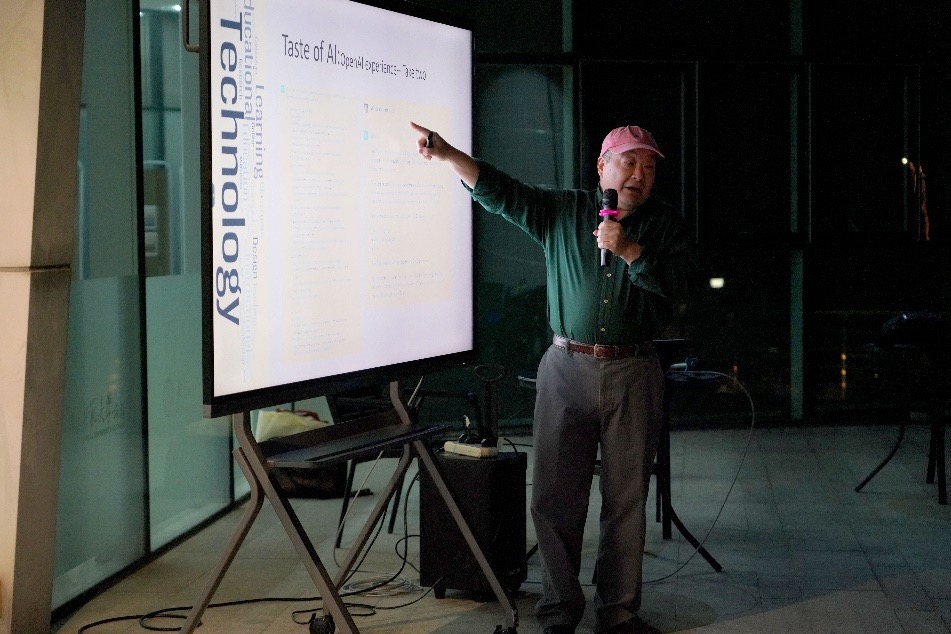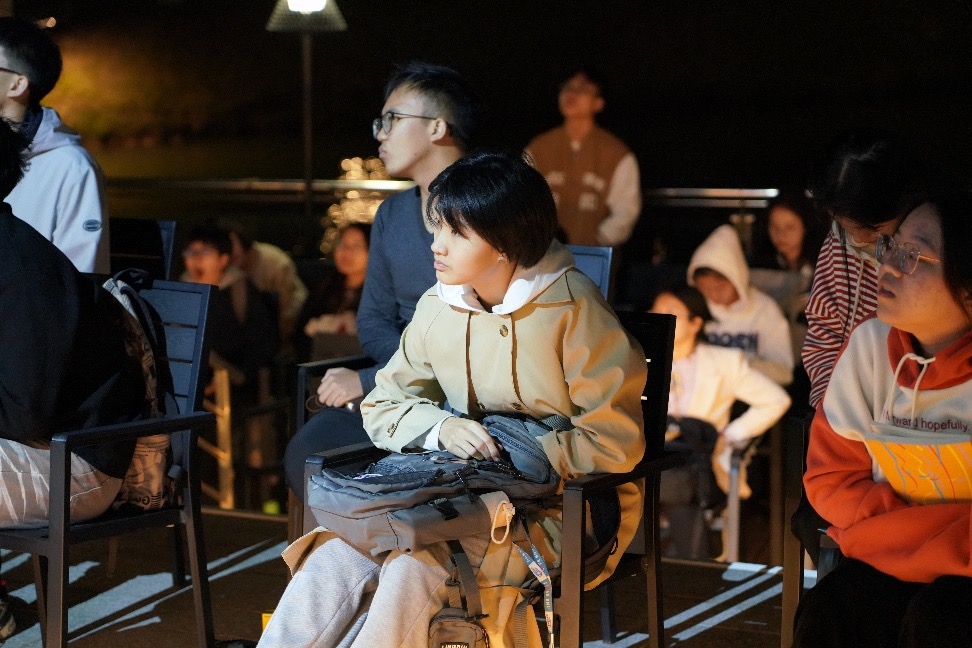On the evening of February 27, 2023, the 15th Future Education International Salon, sponsored by the Future Education Institute of Beijing Normal University, was successfully held. The event invited Professor Hu Xiangen, a tenured professor at the University of Memphis in the United States and dean of the School of Psychology at Central China Normal University, to discuss "Self-improving adaptive instructional systems" with teachers and students.
At the beginning of the event, Professor Hu Xiangen introduced the background of researchers' attention to "Self-adaptive instructional systems" (SIAIS), pointing out that SIAIS is an adaptive instructional system that is self-improving and has the ability to self-improve. Each learner has an optimal learning environment, and the current learning environment will continue to improve with the progress of human learning theory and technology. It is hoped that through "Intelligent tutoring systems" (ITS), students can receive "one-on-one" personalized education to achieve higher achievements.

Subsequently, Professor Hu further introduced the development history of intelligent education systems and pointed out that the current intelligent education systems face two major problems: one is that no system has been able to achieve the preset goal of one-on-one teaching between teachers and students; the other is that existing systems face the situation of being outdated and unused over time. Based on this basic problem, Professor Hu briefly described the new platforms created in the past decade based on technologies such as natural language processing and Bayesian knowledge tracing, such as Gooru Navigator, Generalized Intelligent Framework for tutoring (GIFT), and Auto Tutor.
Then, Professor Hu pointed out that "Self-adaptive instructional systems" should evolve into "Self-improving adaptive instructional systems" (SIAIS), and he proposed a four-component framework for self-improving and adaptive instructional systems. Based on this framework, he explained a series of theoretical ideas, including the symmetry between human learners and self-improving learning resources in the system and their interaction. This framework opens up new ways for researchers to study human learners and SIAIS systems.
At the end of the event, Professor Hu combined his long-term insights into cutting-edge intelligent technologies and focused on the hot topic of ChatGPT from the perspective of an observer, exploring the multidimensional impact of ChatGPT on "Self-improving adaptive instructional systems" from a interdisciplinary perspective of practical application.

During the interaction session between teachers and students, they actively interacted with Professor Hu, and he gave relevant and insightful responses and answers from a professional perspective based on his own research experience. The academic atmosphere at the event was strong. The salon ended with warm applause.



 Last Page
Last Page

 Phone:0756-3621121
Phone:0756-3621121
 Email:ccie@bnu.edu.cn
Email:ccie@bnu.edu.cn